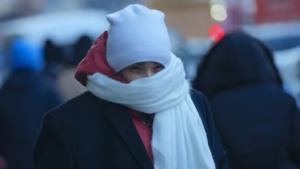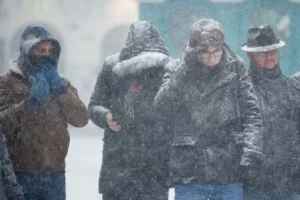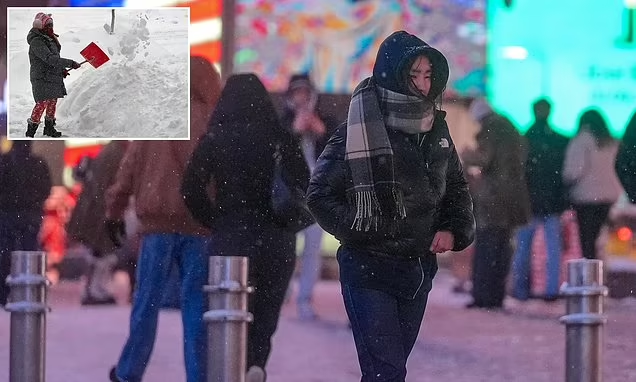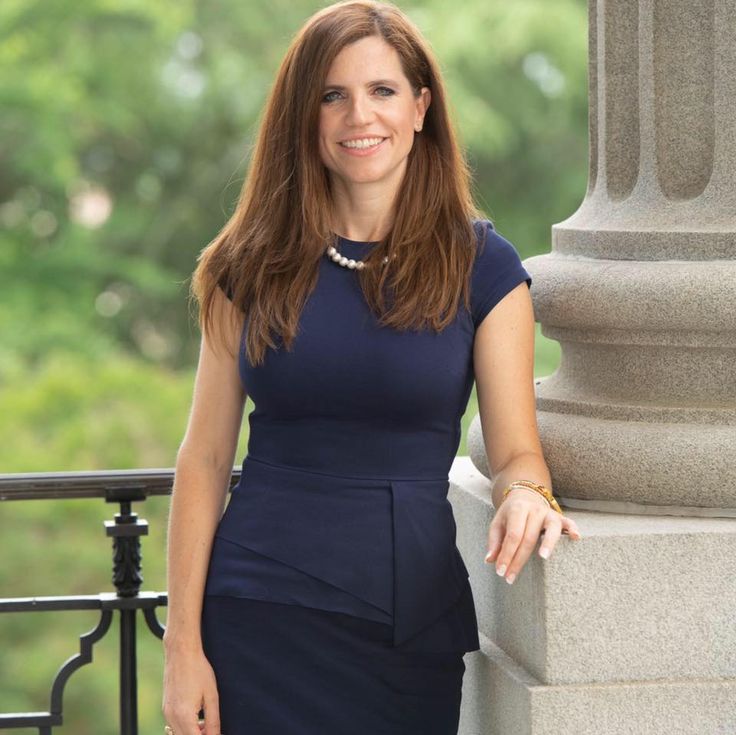Polar Vortex Collapse How It Impacts Winter Weath 2025
The Role of Climate Change
Is Climate Change Making Collapses More Frequent?
There is ongoing debate among scientists about the link between climate change and the frequency of polar vortex collapses. Some studies suggest that the warming Arctic is altering the jet stream, leading to more disruptions of the polar vortex. Others argue that natural variability plays a bigger role.
Long-Term Impact on Global Weather
If climate change is indeed contributing to more frequent polar vortex collapses, we could see more erratic winter weather in the future. Some regions may experience colder winters, while others may see milder conditions due to shifts in atmospheric circulation patterns.

How Meteorologists Predict a Polar Vortex Collapse
Weather Models and Forecasting
Meteorologists use advanced computer models to monitor the polar vortex and predict potential collapses. These models analyze temperature changes, wind patterns, and pressure systems in the stratosphere.
Early Warning Signs
Some key indicators of an impending polar vortex collapse include sudden warming in the stratosphere, changes in wind speeds, and shifts in the jet stream. Forecasters use these signs to provide early warnings to affected regions.
How to Prepare for a Polar Vortex Collapse Winter
Winter Safety Tips
- Dress in layers and cover exposed skin to prevent frostbite.
- Keep emergency supplies, such as food, water, and blankets, on hand.
- Avoid unnecessary travel during extreme cold events.
Protecting Homes and Vehicles
- Insulate pipes to prevent freezing and bursting.
- Keep heating systems maintained and functional.
- Use winter tires and carry an emergency kit in your vehicle.
Staying Warm and Healthy
- Consume hot beverages and high-energy foods to stay warm.
- Be mindful of hypothermia symptoms, such as confusion and shivering.
- Check on vulnerable individuals, such as the elderly and young children.
Common Myths About the Polar Vortex
Does It Mean Global Warming Isn’t Real?
A common misconception is that extreme cold events contradict global warming. In reality, climate change can cause weather extremes, including both hotter summers and colder winters.
Are Collapses Rare or Common?
Polar vortex collapses are not extremely rare, but their intensity and impact vary. Some winters may see mild disruptions, while others experience dramatic cold outbreaks.

The Economic Impact of a Polar Vortex Collapse
Energy Demand and Supply Issues
Colder temperatures lead to increased heating demand, sometimes causing energy shortages and higher utility bills.
Travel Disruptions
Severe winter storms can shut down airports, delay trains, and make road travel dangerous, impacting businesses and daily life.
Effect on Agriculture
Extreme cold can damage crops, harm livestock, and lead to food supply disruptions, affecting prices and availability.
Wildlife and Ecosystem Effects
How Animals Adapt
Many animals have strategies to cope with extreme cold, such as hibernation, migration, and developing thicker fur.
Environmental Consequences
Sudden temperature changes can disrupt ecosystems, affecting plant growth and altering animal behavior patterns.
Future Trends and Research
What Scientists Are Studying
Researchers are exploring the links between climate change, jet stream behavior, and polar vortex stability to better predict future collapses.

Predictions for Future Winters
While some models suggest that climate change could make polar vortex collapses more frequent, others indicate that natural variability will continue to play a dominant role in winter weather patterns.
Conclusion
The polar vortex is a crucial component of Earth’s climate system, and its collapse can lead to significant winter weather disruptions. While scientists continue to study its behavior, understanding and preparing for extreme cold events can help mitigate their impact. Whether influenced by climate change or natural cycles, the polar vortex collapse remains a key factor in shaping winter weather patterns worldwide.
FAQs
Can a Polar Vortex Collapse Cause Warmer Winters?
In some cases, yes. While certain regions experience extreme cold, others may have milder winters due to shifts in atmospheric circulation.
How Long Does the Cold From a Collapse Last?
The effects can last from a few days to several weeks, depending on the strength of the collapse and other weather conditions.
Can We Stop a Polar Vortex Collapse From Happening?
No, it is a natural atmospheric phenomenon, though better forecasting can help mitigate its impacts.
Is the Polar Vortex the Same as a Blizzard?
No. The polar vortex is a large-scale atmospheric pattern, while a blizzard is a specific weather event characterized by heavy snow and strong winds.
What’s the Difference Between the Stratosphere and the Troposphere?
The stratosphere is the second layer of Earth’s atmosphere, above the troposphere, where most weather occurs.
Share this content:




1 comment